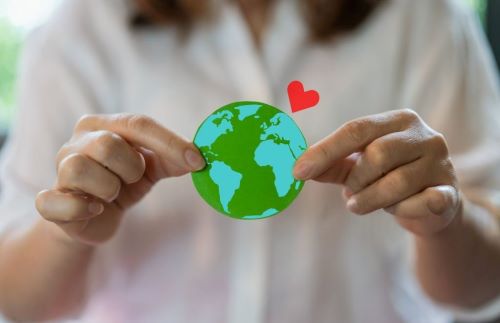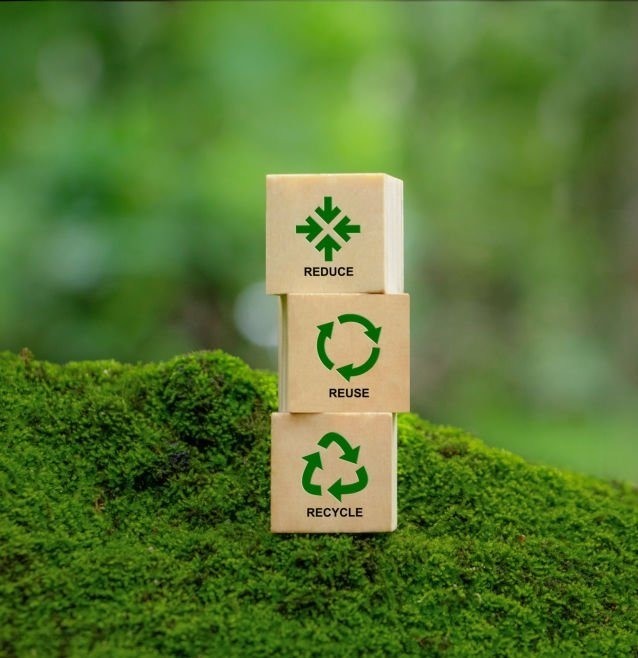Rethinking Waste in a Warming World
When we talk about climate change, the conversation often centers on energy, fossil fuels, and deforestation. Yet one of the most overlooked contributors to the crisis lies right before us — waste.
Every heap of uncollected refuse, every burning landfill, every plastic-choked drainage system tells a silent but devastating story: our waste is shaping our climate.
At CleanCyclers, and through initiatives like SustainabilityUnscripted, we’ve seen firsthand how poor waste practices amplify the effects of global warming — not just by releasing harmful gases, but by weakening the very systems that sustain human life.
“Climate change is not only about rising temperatures — it’s about how we manage what we throw away.”
— Amb. Canon Otto
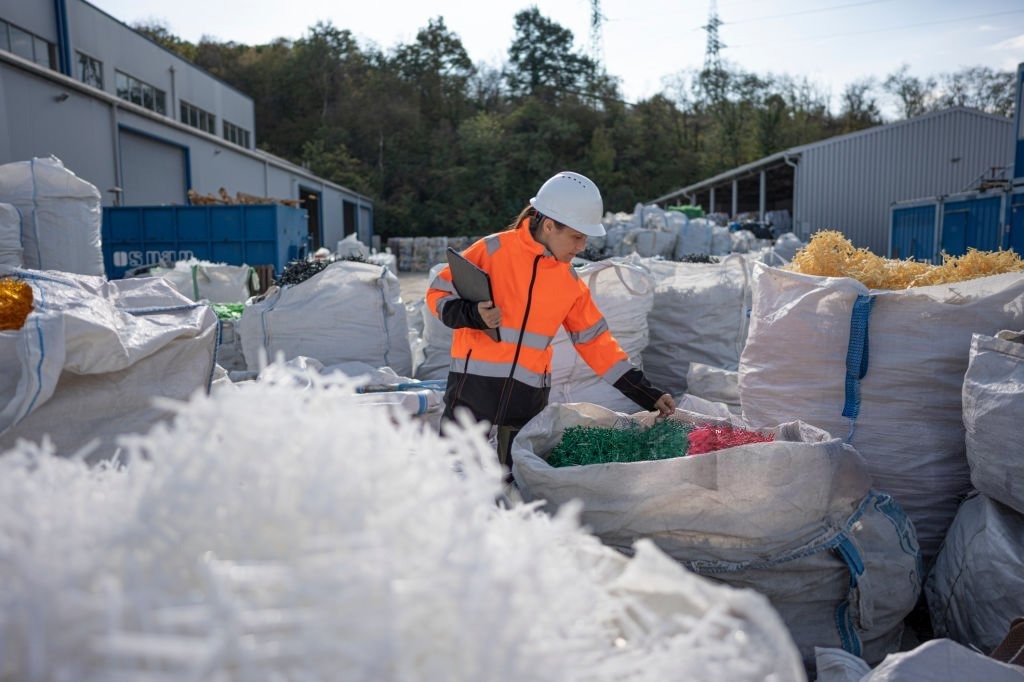
How Waste Fuels Climate Change
It’s easy to assume waste disappears once it’s out of sight. But the truth is, it lingers — in our soil, air, water, and atmosphere. Poor waste management contributes to climate change in several ways:
Methane Emissions from Landfills
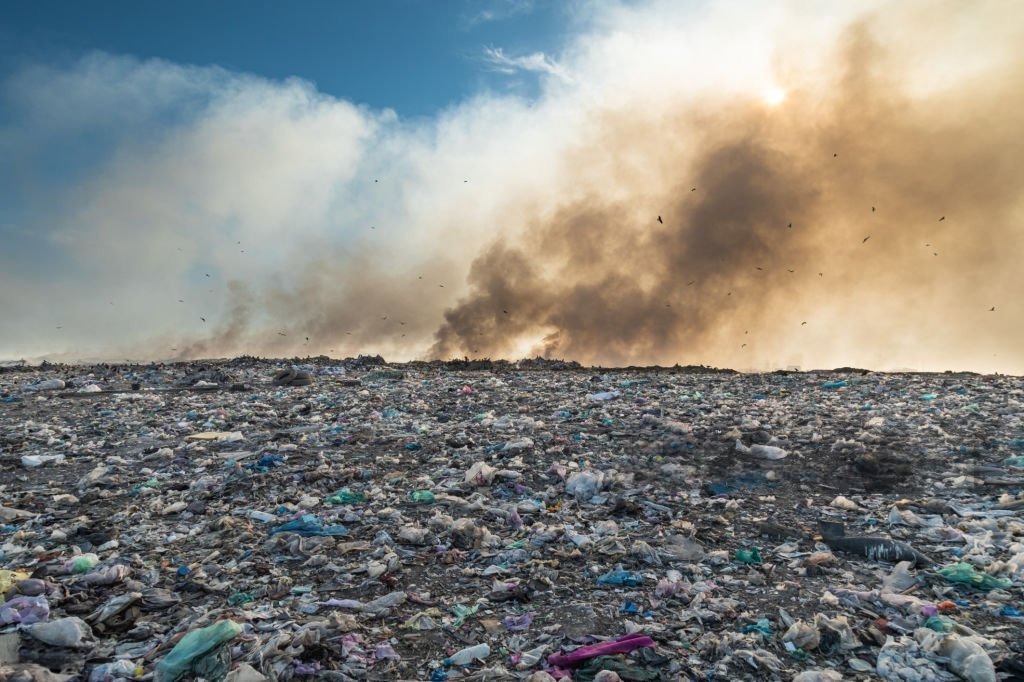
Organic waste dumped in landfills decomposes without oxygen, producing methane, a greenhouse gas over 80 times more potent than CO₂ in the short term.
Open Burning of Waste
Across African cities, open burning is still a default disposal method. This practice releases carbon dioxide, black carbon, and toxins that pollute the air and accelerate global warming.
Plastic Pollution
Plastics — produced from fossil fuels — emit greenhouse gases at every stage of their lifecycle, from production to disposal. When burned or degraded, they release microplastics and carbon emissions into the environment.
Flooding and Environmental Damage
Improperly disposed waste blocks drainages, turning heavy rains into destructive floods. These floods destroy infrastructure, contaminate water sources, and displace communities — deepening the impacts of climate change.
“When we mismanage waste, we do not only pollute the environment; we fuel the very crisis threatening our survival.”
— Canon Otto, Global Sustainability Summit
CleanCyclers and the Circular Economy Solution
The answer lies not just in managing waste — but in reimagining it as a resource. This is the philosophy behind CleanCyclers and our circular economy approach.
Instead of the old “take, make, dispose” model, we promote a closed-loop system where materials are reused, repurposed, and reintegrated into the production cycle.
What CleanCyclers Is Doing
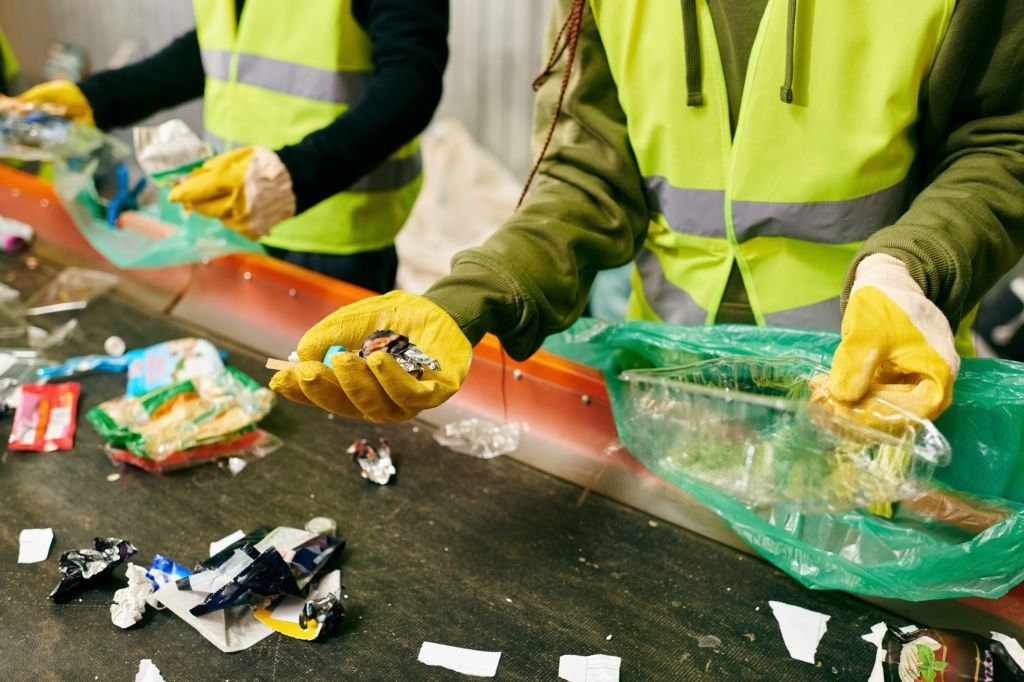
- Solar Panel Recycling: Recovering valuable components like glass, aluminum, and silicon from retired panels — reducing e-waste and promoting renewable resilience.
- Plastic Recovery and Reuse: Empowering communities to collect, sort, and transform plastic waste into usable materials like pavement tiles and eco-bricks.
- Community Inclusion: Training young recyclers, women, and local waste workers to become eco-champions, transforming livelihoods through sustainability.
- SustainabilityUnscripted Dialogues: Through our SustainabilityUnscripted series, we continue to educate and inspire conversations about responsible consumption, green innovation, and community-driven action.
These interventions prove that climate action and economic empowerment can coexist. Every recycled item is a step toward reduced emissions, cleaner cities, and circular prosperity.
“Circularity is the bridge between climate hope and sustainable growth — and Africa must lead this transition.”
— Amb. Canon Otto, CleanCyclers Africa
What We Can All Do
Governments & Policymakers
- Invest in waste infrastructure such as recycling hubs, compost centers, and collection systems.
- Ban open burning and illegal dumping, replacing them with regulated recovery systems.
- Incentivize green innovation and waste-to-wealth enterprises.
- Integrate waste data into national climate action plans.
Citizens & Communities
- Sort waste at the source — separate recyclables, organics, and non-recyclables.
- Compost organic waste to enrich soil and cut methane emissions.
- Support local recyclers — they are unsung heroes of sustainability.
- Reduce and reuse before you buy new.
Each small act of mindfulness compounds into collective impact.
“Real sustainability begins in our homes, with the choices we make about what we consume — and what we discard.”
— Canon Otto, SustainabilityUnscripted
A Call to Climate-Conscious Action
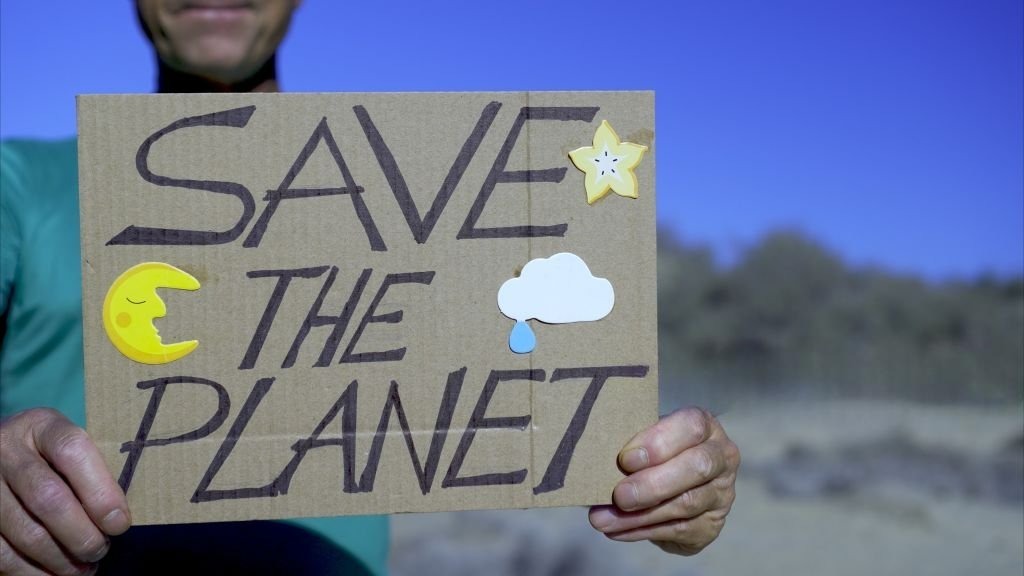
We can no longer discuss climate resilience without addressing waste. The plastic bottles in our gutters, the smoldering dumpsites at our city edges — these are not mere nuisances. They are climate accelerators.
But they can also be climate solutions — if we act differently.
Through CleanCyclers and platforms like SustainabilityUnscripted, we are driving a new narrative: that Africa can transform waste from a burden into a catalyst for green growth.
We envision a continent where innovation replaces pollution, where recycling replaces neglect, and where sustainability becomes a shared lifestyle — not a luxury.
“Africa’s climate future will not be defined by waste, but by what we choose to do with it.”
— Amb. Canon Otto
Final Thoughts
The connection between climate change and waste management is undeniable — but so is the opportunity it presents.
Every piece of waste represents untapped potential. Every cleaner street is a testament to what communities can achieve together. And every conversation on SustainabilityUnscripted reminds us that change begins when people decide to act.
At CleanCyclers, we’re not just managing waste — we’re reimagining the future.
Because in the story of climate change, waste is not the end — it’s the beginning of a new chapter in sustainable living.

